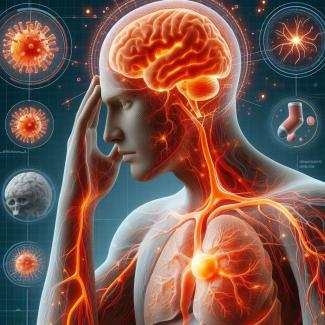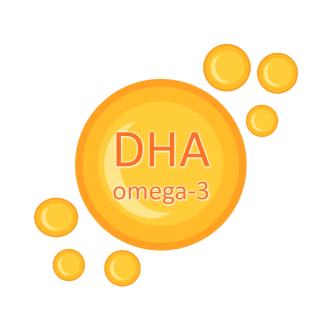
Caffeine itself doesn't directly cause clinical depression, but it can contribute to or exacerbate certain symptoms associated with depression. Here's how caffeine consumption can impact mental health and how to prevent an increase in depressive symptoms related to caffeine:
- Anxiety and Nervousness: Excessive caffeine consumption can lead to increased anxiety and nervousness. While these symptoms are not the same as depression, they can contribute to overall emotional distress. To prevent this, limit your caffeine intake, and be aware of your sensitivity to caffeine. If you're prone to anxiety, you may need to consume even less caffeine.
- Sleep Disturbances: Caffeine is a stimulant, and consuming it too close to bedtime can interfere with sleep. Poor sleep quality or insomnia can worsen depressive symptoms. To prevent sleep disturbances, avoid caffeine in the hours leading up to bedtime. The exact cutoff time varies from person to person, but a common recommendation is to avoid caffeine at least 6 hours before bedtime.
- Caffeine Crash: The "crash" that some people experience as the effects of caffeine wear off can result in feelings of fatigue and irritability. This can contribute to emotional lows and exacerbate symptoms of depression. To prevent this, try to maintain a steady level of caffeine in your system by consuming it in smaller, spaced-out doses rather than large quantities all at once.
- Caffeine Dependence and Withdrawal: Regular caffeine consumption can lead to physical dependence. If you suddenly stop consuming caffeine, you may experience withdrawal symptoms, which can include irritability, low mood, and even depressive feelings. To prevent this, consider tapering down your caffeine intake gradually rather than quitting cold turkey if you wish to reduce your caffeine consumption.
- Individual Sensitivity: People vary in their sensitivity to caffeine. Some individuals are more susceptible to its mood-altering effects, which can lead to increased anxiety or feelings of depression. To prevent this, be mindful of how caffeine affects your mood and well-being. If you notice a negative impact on your mental health, consider reducing your caffeine intake or eliminating it altogether.
- Monitor and Seek Support: If you have a history of depression or are concerned about how caffeine may be affecting your mental health, it's essential to monitor your caffeine consumption and its effects on your mood. If you experience increased depressive symptoms related to caffeine, consider consulting a healthcare professional for guidance and support.
In summary, caffeine itself doesn't directly cause depression, but it can affect mood and exacerbate certain symptoms associated with depression. To prevent an increase in depression due to caffeine, monitor your caffeine intake, be aware of your sensitivity, and make adjustments as needed to maintain a balance that supports your mental well-being. If you have concerns about how caffeine may be affecting your mental health, it's a good idea to consult with a healthcare professional for personalized guidance.






